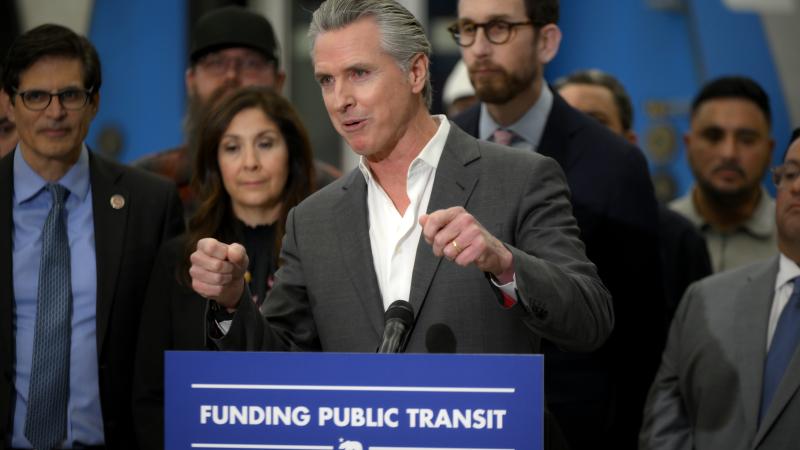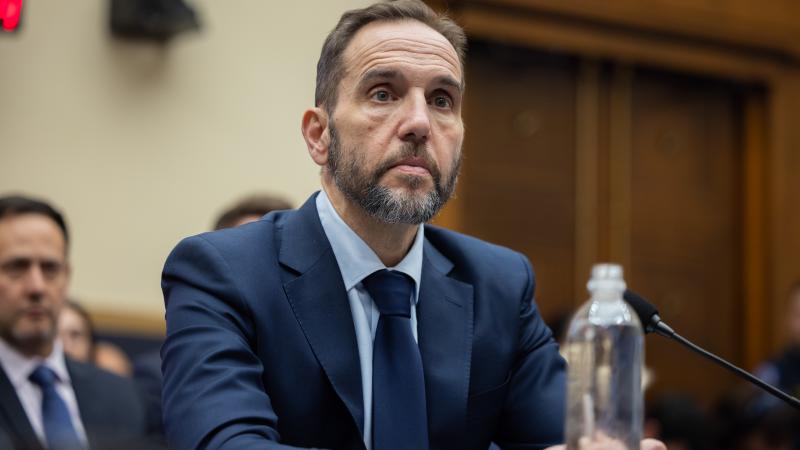Rhode Island pursues new offshore wind project
Proposals sought to develop 1,200 megawatts of new offshore wind to help power the state’s clean energy mandates.
Rhode Island’s largest utility will seek another proposal for offshore wind power two months after rejecting a similar clean energy project over cost concerns.
Gov. Dan McKee announced on Thursday that Rhode Island Energy will be issuing a new request for proposals to develop 1,200 megawatts of new offshore wind to help power the state’s clean energy mandates.
"It’s more important than ever that we continue to push for new opportunities to expand offshore wind generation in Rhode Island while ensuring it is affordable for future generations," McKee said in a statement.
In July, the utility said it won’t be moving forward with the 884-megawatt wind farm, known as Revolution 2, citing rising costs that made the deal too expensive for ratepayers and out of line with state law.
Ratepayers would also be forced to dig deeper into their pockets to pay for the proposal. An analysis of financing options submitted by Rhode Island Energy to the state Public Utilities Commission with its procurement request estimated net costs to ratepayers from $1.8 billion to $2.3 billion over a 20-year contract.
And the state's newest procurement comes at an uncertain time for the nation's nascent offshore wind industry. Developers are scaling back — or, in some cases, backing out of projects — citing supply-chain disruptions, higher construction costs, and a lack of state and federal government tax credits.
Two major offshore wind developers in Massachusetts — Commonwealth Wind and Shell and Ocean Winds North America — have terminated their power purchase agreements with the state’s utilities, citing supply-chain issues and other concerns that have made it too difficult to finance the projects.
In New Jersey, the Danish company behind the state’s first offshore wind project announced last week that it is delaying construction until 2026 and could abandon the project unless it’s determined to be financially feasible.
Ørsted, one of the world’s largest wind developers, said it is also looking to scale back projects in Delaware, New York, and Maryland amid similar cost concerns.
Rhode Island is home to the nation's first commercial offshore wind project, the 30-megawatt Block Island Wind Farm, which consists of five turbines that started churning out energy in 2016. And work on Revolution Wind, a 400-megawatt project being developed by Ørsted and Eversource, got underway this summer.
Chris Kearns, Rhode Island's acting energy commissioner, said the state is committed to developing the industry "to bring clean, affordable, and reliable power to all Rhode Islanders and meeting our Act on Climate law objectives."
"Offshore wind is an important resource in diversifying our long-term energy portfolio and growing the state’s clean energy economy over the next decade," he said.
















